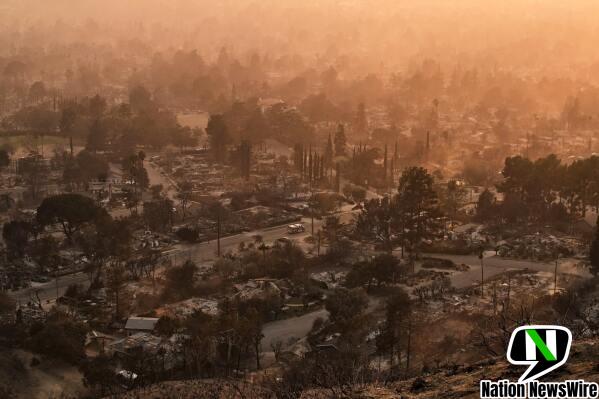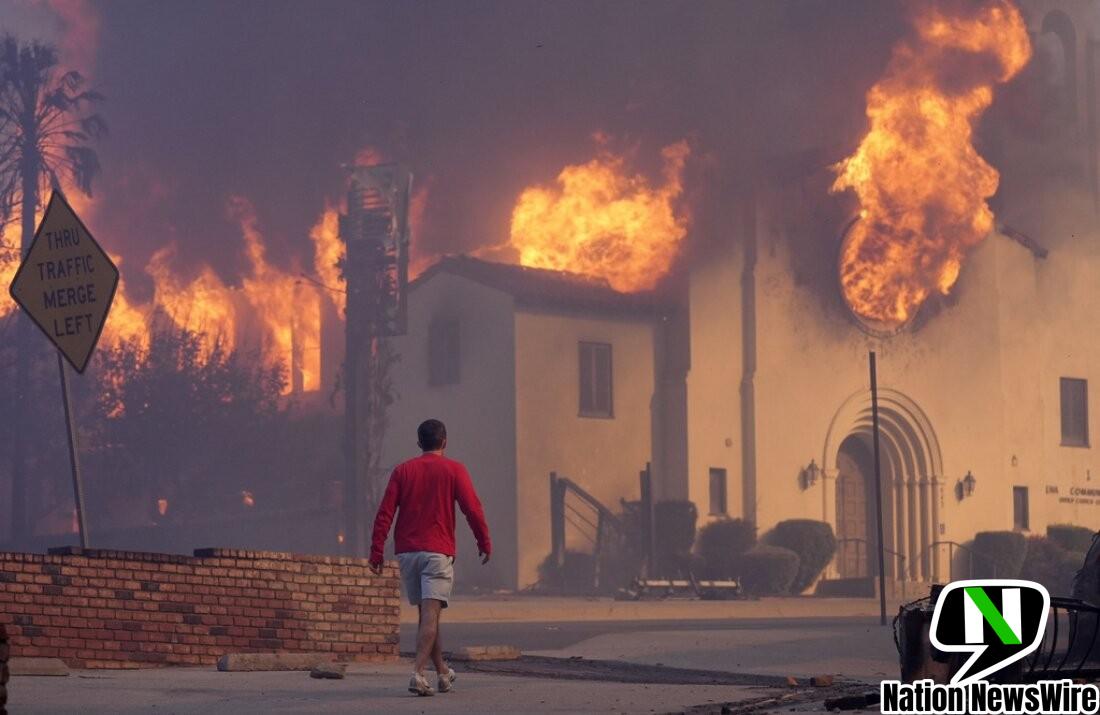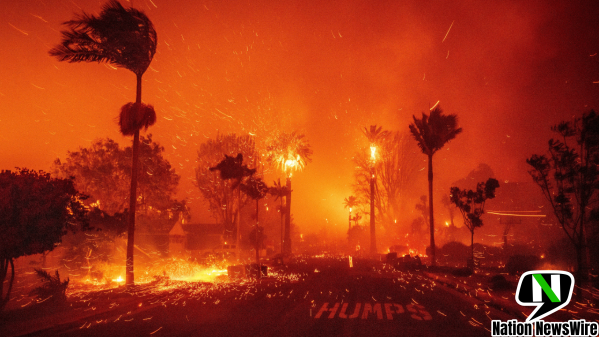AIR QUALITY SUFFERS AMID SMOKE HAZE
Add to favoritesFighting Wildfires: A Herculean Task
Wildfires are becoming an increasingly complex and pervasive issue, demanding herculean efforts to mitigate their devastation. Firefighters battle not only the formidable flames but also the often perilous terrain, thick smoke, and extreme heat, making this task an extraordinary feat of endurance, bravery, and strategy.
Undeniable Bravery of Firefighters
The selfless acts of firefighters, local volunteers, and first responders should never go understated. These brave individuals not only risk their lives in the fierce blaze but also strive tirelessly behind the scenes, coordinating operations, containing fires, and protecting local communities.
The Necessity of Timely Evacuations
Proactive measures such as timely evacuations can save lives, even as wildfires intensify. Alert systems, effective communication channels, and well-rehearsed evacuation plans are imperative to ensure the safety and swift displacement of residents threatened by encroaching flames.
Persistent Smoke Haze: An aftermath of Wildfires
A lingering consequence of wildfires is the persistent, thick smoke haze that blankets the sky, severely impairing air quality. This haze often travels great distances, affecting regional air quality and posing health risks to sensitive populations.
Link Between Escalating Wildfires and Climate Change
Research shows a direct link between escalating wildfire occurrences and climate change. Today's longer, hotter dry seasons fuel the frequency and intensity of wildfires, creating a vicious cycle of climate impact and further warming.
Decreased Air Quality due to Wildfire Smoke
Wildfire smoke significantly reduces air quality, releasing harmful pollutants such as particulate matter and toxic gases. These lingering pollutants have dire health implications, exacerbating respiratory conditions and potentially impacting the cardiovascular system.
Organizing Disaster Relief After Major Wildfires
Following major wildfires, coordinated disaster relief operations are essential to support affected communities. Efforts range from providing immediate shelter and food relief to repairing infrastructure and offering psychological support for survivors facing immense loss.
Extent and Cost of Fire Damage
The broad reach and immense cost of wildfire damage are staggering. They not only cause the loss of lives and property but also lead to long-term environmental damage and economic ramifications for affected regions. The cost of firefighting itself is a tremendous economic burden.
The Devastating Effect of Forest Fires
Forest fires significantly alter ecosystems, leading to loss of biodiversity, damaging soil conditions, and disrupting watersheds. The devastating impact lasts long after the fires are extinguished, altering natural landscapes and affecting local wildlife.
State Emergencies Triggered by Wildfires
The escalating severity of wildfires often necessitates declaring state emergencies. This move allocates essential resources, funding, and support to firefighting efforts and recovery programs, underscoring the immense challenges posed by this pervasive, evolving threat.



